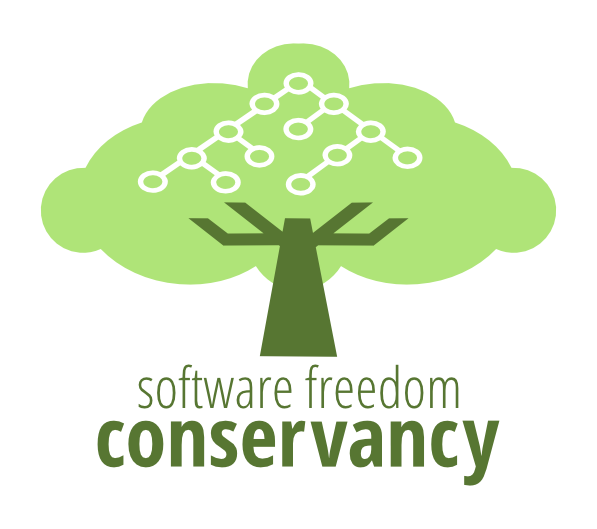
Software Freedom Conservancy
Throughout the history of Free and Open Source software (FOSS), copyright assignment has simultaneously been controversial and accepted as the norm in our FOSS communities. This paradox, I believe, stems entirely from some key misunderstandings that perpetuate. This issue requires urgent discussion, as two of the most important FOSS projects in history (GCC and glibc) are right now considering substantial and swift changes to long-standing copyright policies that date back to the 1980s. This event, and other recent events over the last few years in the area of GPL compliance and corporate FOSS adoption, point to long-term problems for projects. This essay works through these nuances, and will hopefully assist FOSS contributors as they make difficult decisions about copyright ownership for their projects. At the end, I provide a summary list of issues to consider when creating copyright ownership policies for FOSS.
I was at one time bemused, but now am mostly aghast, at the true paradox of common wisdom about copyright assignment for FOSS projects. I don't believe anyone has done a statistically valid study, but anecdotally it's rare to find a FOSS contributor who enjoys assigning copyright to another entity. FOSS contributors who do assign copyright to a non-profit charity that collects copyrights (such as the FSF or Conservancy) often complain about the complexity and annoyance of the paperwork to get started as a contributor. Even more commonly, contributors express disgust or annoyance at the pressure from the project to give away something that should be rightfully theirs.




/image%2F6283631%2F20210518%2Fob_919b9b_ubuntu-software-center-in-kali-linux.jpeg)


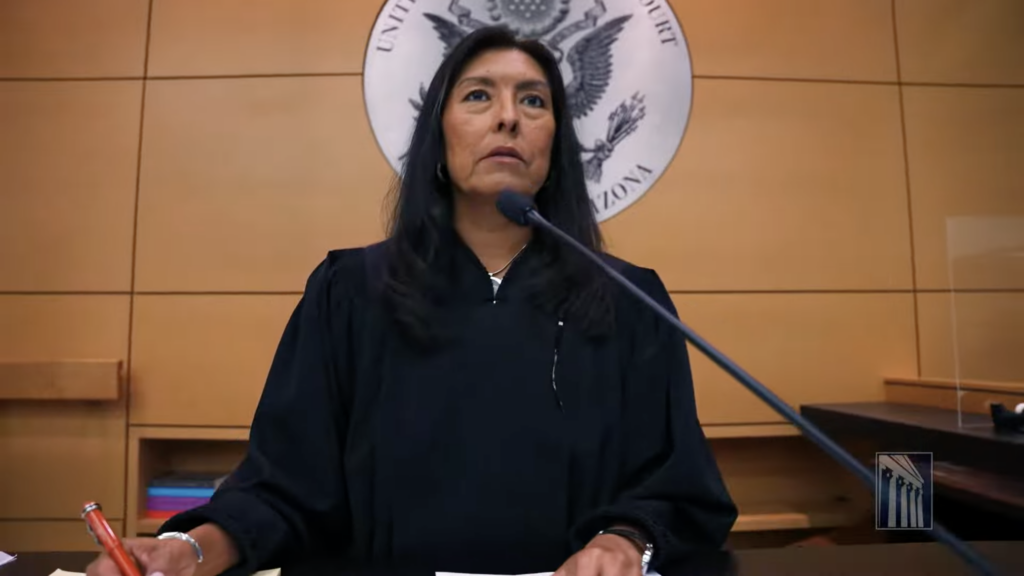


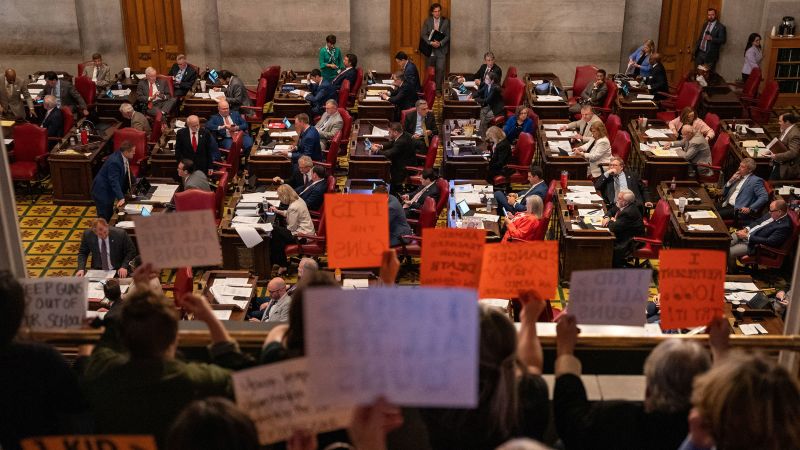
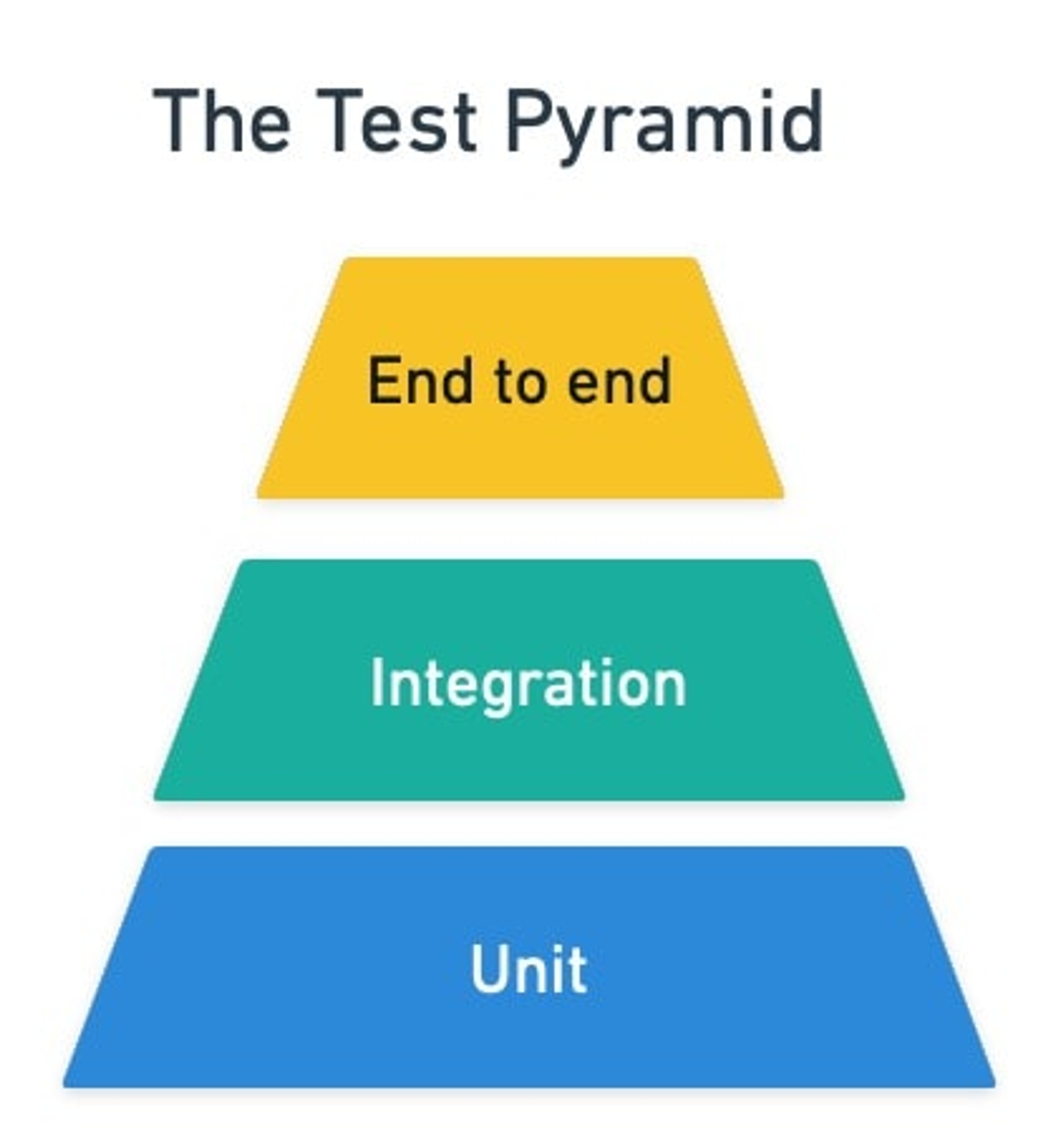




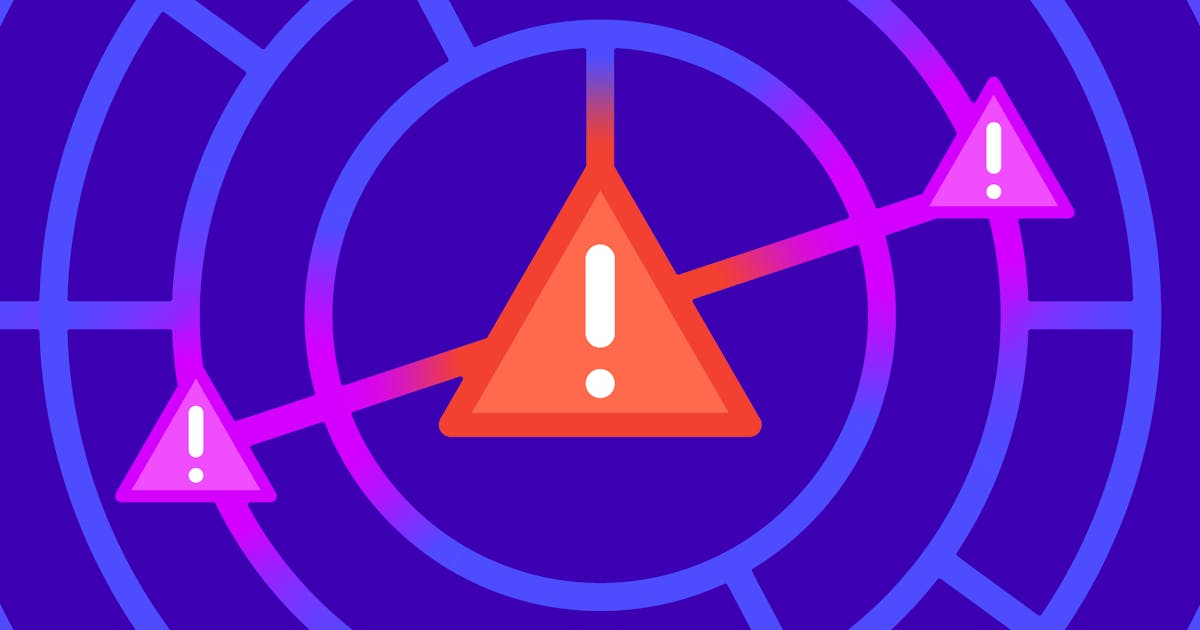


.png)